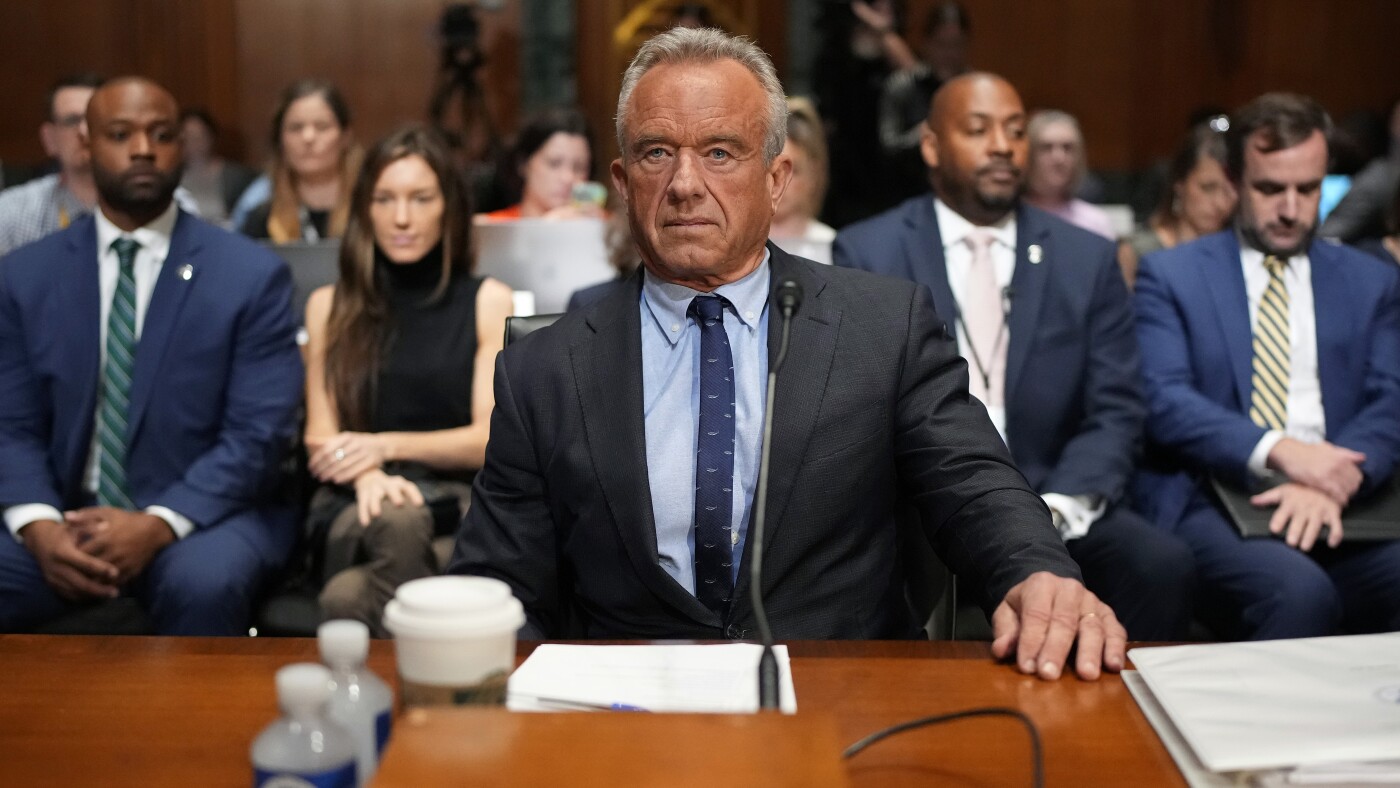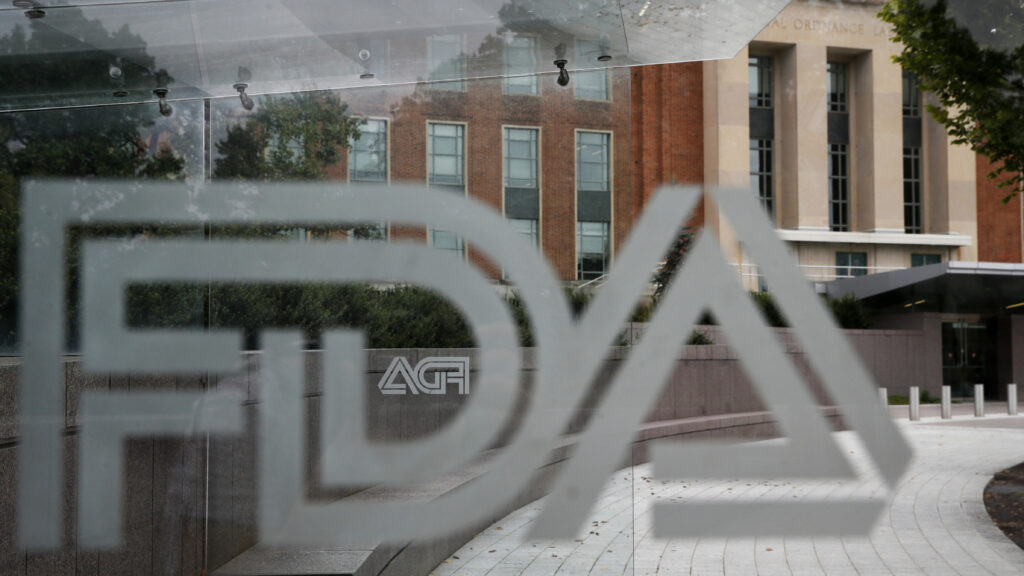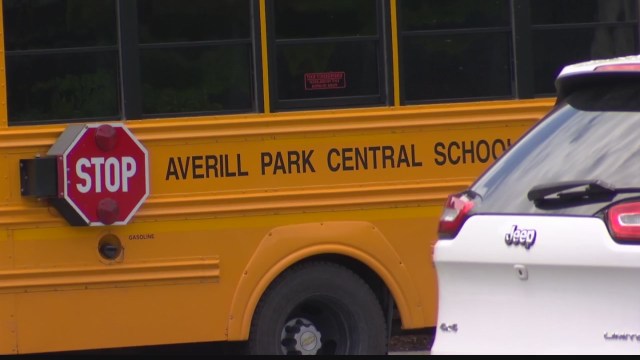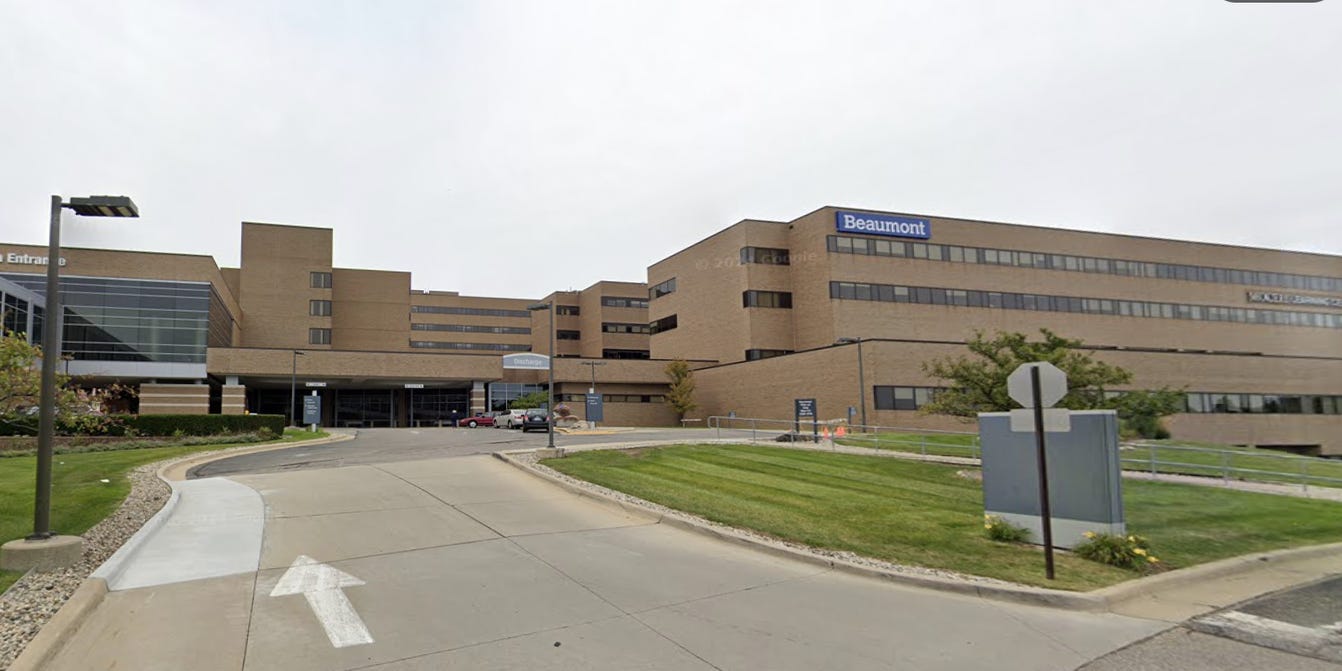Vaccine Doubter at the Helm: RFK Jr. Grilled on Public Health Leadership

Kennedy Faces Intense Scrutiny in Senate Hearing on Vaccine Policy
Robert F. Kennedy Jr. encountered a barrage of tough questions from both Republican and Democratic senators during a contentious hearing on Thursday, as concerns mount over his controversial approach to vaccine policy.
As a prominent vaccine skeptic now leading the Department of Health and Human Services (HHS), Kennedy is pushing for radical changes in vaccination protocols. His tenure has already sparked significant upheaval within public health agencies, with numerous officials resigning or being dismissed in recent weeks.
The turmoil has not gone unnoticed. More than 1,000 current and former HHS employees have taken the unprecedented step of signing a letter demanding Kennedy's resignation, highlighting the deep professional concern about his leadership.
The widespread unrest has prompted some states to consider taking vaccine policy into their own hands, signaling a potential fragmentation of national health strategy. This development underscores the growing tension between Kennedy's approach and established public health practices.
The Senate hearing represents a critical moment for Kennedy, as lawmakers from both sides of the political aisle seek to understand and potentially challenge his controversial stance on vaccination policies.








